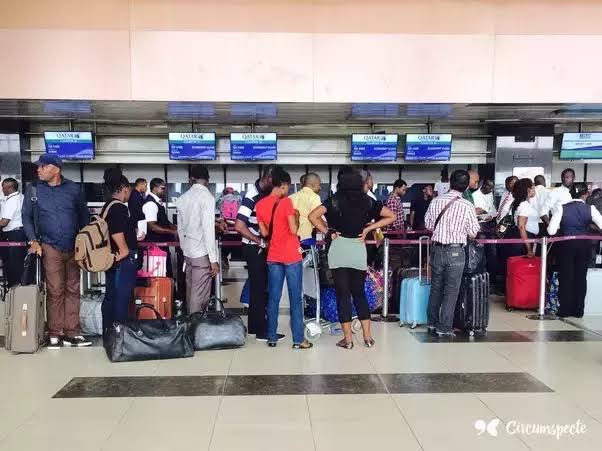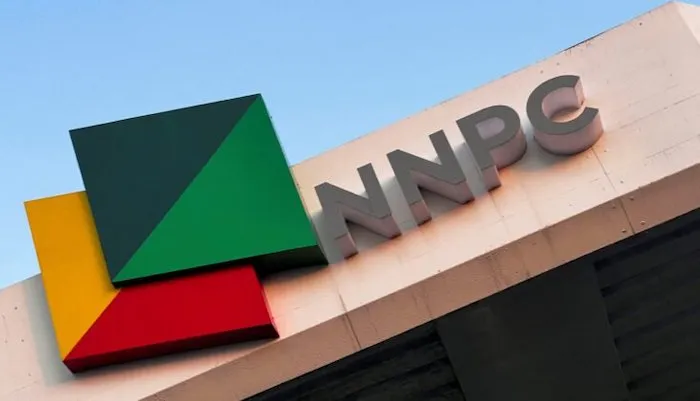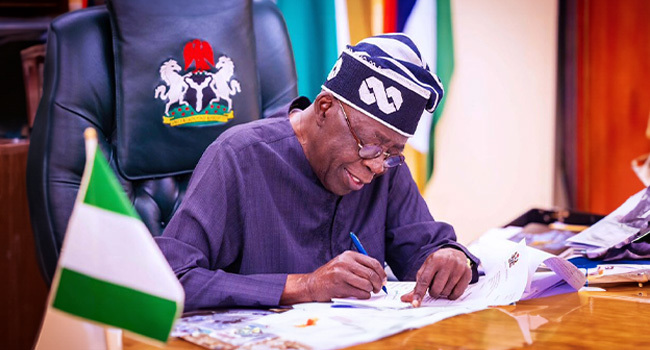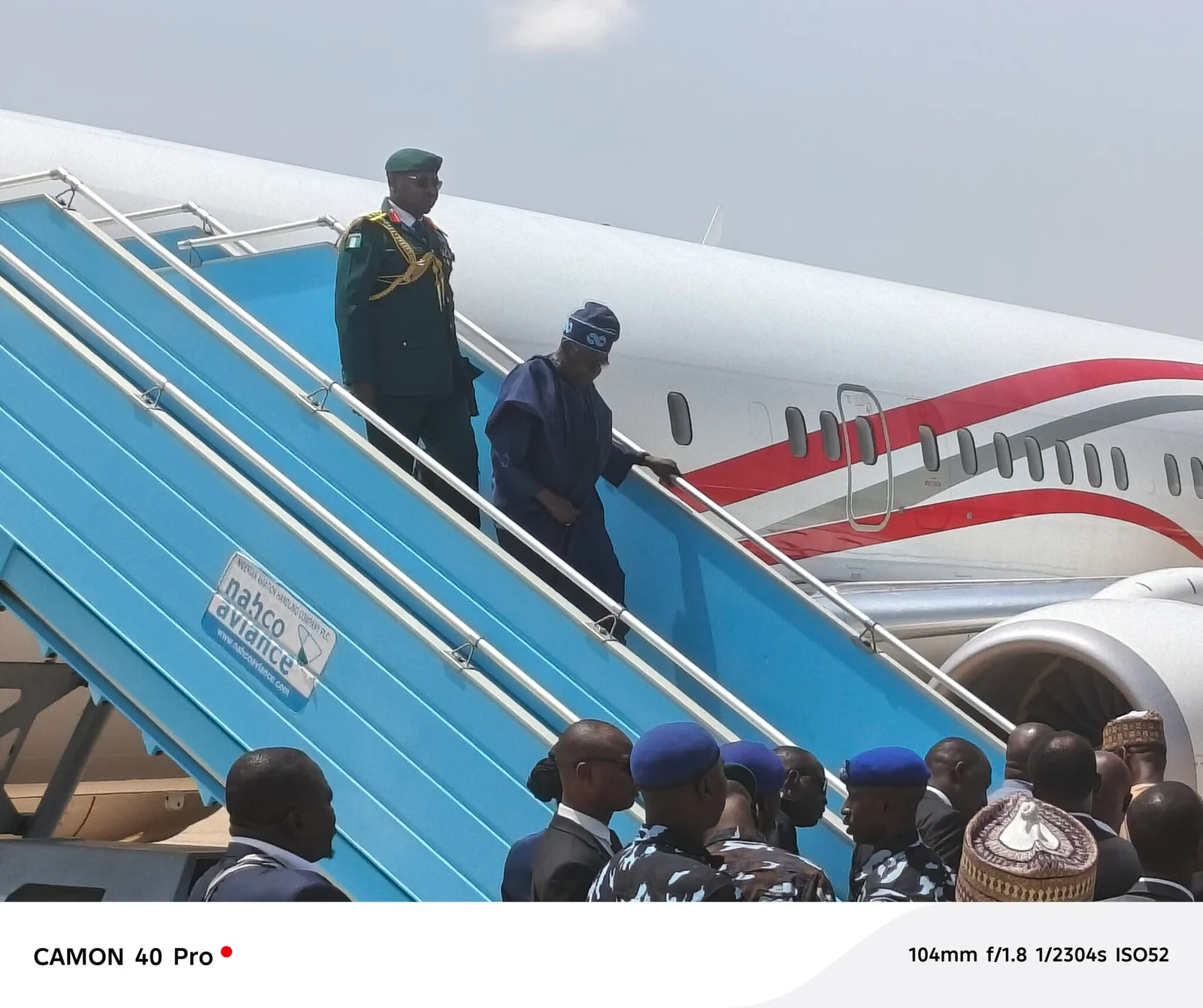The nation
50% of Nigerians are willing to move abroad – World Bank

- About 50% of Nigerians are willing to leave Nigeria for a better economic future abroad, an increase of nearly 20% since 2014.
The World Bank disclosed this in its report titled, ‘Of Roads Less Travelled: Assessing the Potential for Migration to Provide Overseas Jobs for Nigeria’s Youth,’ published on its website this week.
The report suggests Nigeria ranked 3rd highest in West Africa behind Liberia (70%) and Sierra Leone (60%) of responders who would move permanently to another country. The least ranked country in the report was Niger Republic at 10%.
The World Bank stated that young Nigerians were increasingly opting for irregular migration routes to realize their hopes for a better life.
“With rising migratory pressures created by poor employment conditions, Nigerians are increasingly choosing to migrate through irregular means,” the Bank stated.
It added that Nigerians represented the largest group of migrants from Sub-Saharan Africa arriving in Europe in 2016 and 2017 as nearly 40,000 Nigerians arrived in Italy in 2016 with over 90% of those arriving via sea routes.
“A larger share of Nigerian migrants arriving in Italy were women (32 percent) compared to migrants from the rest of SSA (24 percent),” the Washington-based bank stated.
It also revealed that while the number of asylum seekers from Nigeria has declined in recent years, this does not translate as decreased demand for migration from Nigeria.
The drop in migration levels from Nigeria and other Sub-Saharan African countries to Europe is a result of tighter border control policies supported by the EU in transit countries such as Libya and Niger.
“However, the underlying economic and demographic factors that create migratory pressures are unlikely to subside in the near future, with other potential irregular routes being reported through Sudan and Chad to Libya,” the Bretton Woods institution added.
Headlines
NNPCL reveals decision not to sell Port Harcourt refinery

The Nigerian National Petroleum Company Limited, NNPCL has officially decided not to sell the Port Harcourt Refining Company.
NNPCL has, instead said it is committed to conducting an extensive rehabilitation of the facility and ensuring its continued operation.
During a company-wide town hall meeting held at the NNPC Towers in Abuja, Bayo Ojulari, the Group Chief Executive Officer of NNPC Ltd, announced the decision regarding the future of the nation’s most significant state-owned refining asset, putting an end to weeks of speculation.
A statement by NNPCL reads, “The Nigerian National Petroleum Company Limited has officially ruled out the sale of the Port Harcourt Refining Company, reaffirming its commitment to completing high-grade rehabilitation and retention of the plant.
“The ongoing review indicates that the earlier decision to operate the Port Harcourt refinery, before full completion of its rehabilitation, was ill-informed and subcommercial.
”Although progress is being made on all three, the emerging outlook calls for more advanced technical partnerships to complete and high-grade the rehabilitation of the Port Harcourt refinery.
”Thus, selling is highly unlikely as it would lead to further value erosion.”
Headlines
Tinubu appoints Olumode Adeyemi as Federal Fire Service boss

President Bola Tinubu has approved the appointment of Adeyemi Olumode, as the new Federal Fire Service, FFS, Controller-General.
The appointment was announced on Wednesday on behalf of the Federal Government by retired Maj.-Gen Abdulmalik Jubril, Secretary of the Civil, Defence, Correctional, Fire and Immigration Services Board, CDCFIB.
Jubril said the appointment followed the retirement of the current Controller-General, Abdulganiyu Jaji, on August 13.
Jaji is retiring upon attaining the age of 60 by August 13.
Jibril further disclosed said that Adeyemi Olumode is qualified for the position, having attended and passed all mandatory in-service training, Command courses as well as other courses within and outside the country.
“He brings a wealth of experience to his new role, having transferred his service from the FCT Fire Service to the Federal Fire Service and grown to the rank of DCG in the Human Resource Directorate of the Service Headquarters.
“He has served in various capacities and is equally a member/fellow of the following professional associations including Association of National Accountants of Nigeria, ANAN, Institute of Corporate Administration of Nigeria, Institute of Public Administration of Nigeria and Chartered Institute of Treasury Management of Nigeria.”
Headlines
Tinubu arrives Katsina to receive Buhari’s body for burial

President Bola Tinubu, on Tuesday arrived in Katsina to receive the remains of the former President Muhammadu Buhari, who passed away in London on Sunday at the age of 82.
-

 Headlines4 years ago
Headlines4 years agoFacebook, Instagram Temporarily Allow Posts on Ukraine War Calling for Violence Against Invading Russians or Putin’s Death
-

 Headlines4 years ago
Headlines4 years agoNigeria, Other West African Countries Facing Worst Food Crisis in 10 Years, Aid Groups Say
-

 Foreign4 years ago
Foreign4 years agoNew York Consulate installs machines for 10-year passport
-

 News1 year ago
News1 year agoZero Trust Architecture in a Remote World: Securing the New Normal
-

 Entertainment3 years ago
Entertainment3 years agoPhyna emerges winner of Big Brother Naija Season 7
-

 Headlines2 years ago
Headlines2 years agoNigeria Customs modernisation project to check extortion of traders
-

 Entertainment2 years ago
Entertainment2 years agoMovie download platform, Netnaija, announces closure
-

 Economy2 years ago
Economy2 years agoWe generated N30.2 bn revenue in three months – Kano NCS Comptroller







